Dried spices and herbs seem to be immortal; a peek in your parents or grandparents' cupboards will likely unveil cinnamon, basil, and oregano older than you.
But the truth is, spices and herbs do have an expiration date—for their potency. Technically, they are still edible, but there is no point in cooking with lackluster flavor.
Follow the guide below to keep your spice cabinet from becoming a museum, and how to keep them tasting stronger for longer.
- Don't Miss: Why You Should Be Making Your Own Spices at Home
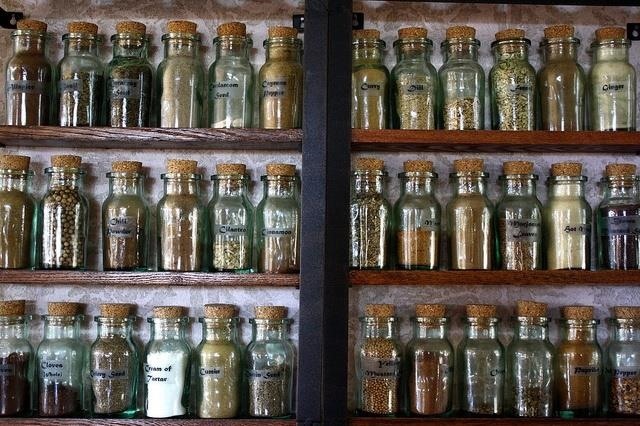
The Lifespan of Spices & Herbs
The lifespan of spices and herbs really depends on how they are prepared and stored. Ground spices, whole spices, and herbs age very differently. Here's your general guide to their longevity:
Ground Spices
Spices that are finely ground, like nutmeg, cinnamon, cumin, and curry, last around 2-3 years.
Whole Spices
Whole spices, like cloves and cinnamon sticks, that are dried in their natural whole form have a longer shelf life. They can be kept for up to 4-5 years before they become stale. One exception to this rule is whole peppercorns, which last 5-6 years.

Herbs
Dried ground herbs like basil, parsley, and oregano last for 2-3 years. If they are dried and stored in their natural, whole form (e.g., basil or bay leaves), then they should last a little longer, about 3-4 years.
- Don't Miss: How to Preserve & Dry Your Own Herbs at Home
Seeds
Most seeds like anise seeds have a shelf life of 4 years. The exceptions are poppy and sesame seeds, which should be thrown away after 2 years.
Extracts
Extracts like mint and orange are good for about 4 years. However, pure vanilla extract defies this guide—it's good forever due to its high alcohol content. (We recommend using real vanilla beans whenever possible, though.)
A Note About Storage
To make spices last longer, keep them in a cool, dark area of your kitchen such as your cupboard. Storing your spices near the stove is not a good idea because the heat quickens the breakdown of spices and herbs.

Avoiding Excess Moisture
Keeping your spices and herbs dry will also keep them potent longer. Reducing moisture outside of the bottles will help prevent clumping. Keep spices drier by not sprinkling them directly over steaming food, instead use your hand or a spoon to transfer them into your dish.
The freezer is also a bad place to store spices. Every time the spice container is removed from the fridge, it creates condensation, which accelerates the loss of flavor.
- Don't Miss: Your Freezer: You're Using That Wrong, Too

How to Judge if Spices Are Worth Using
If you don't remember how long ago you bought that marjoram, test it by placing a small amount of the spice in your palm, rubbing vigorously, and taking a sniff. Your rubbing will activate the oils in the spice and it should smell strong. If the rubbed spice smells faint, you should probably replace it.
If you want to use up your stale spices, double the dose that the recipe calls for.

More Handy Flavor Hacks:
- How to Make Trader Joe's Signature Spice Mixes at Home
- Ingredients 101: Buying, Grinding, & Tempering Spices
- 10 Reasons You Need to Add Cinnamon to Your Coffee
If you liked this article, follow us on Facebook and Twitter!
Just updated your iPhone? You'll find new emoji, enhanced security, podcast transcripts, Apple Cash virtual numbers, and other useful features. There are even new additions hidden within Safari. Find out what's new and changed on your iPhone with the iOS 17.4 update.
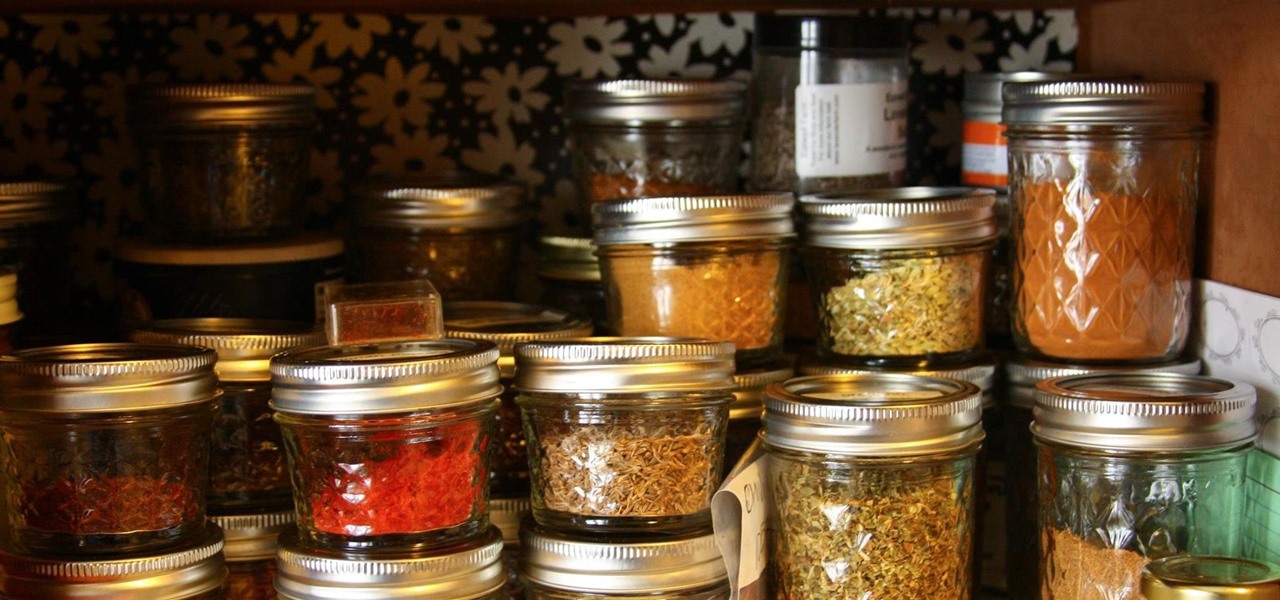


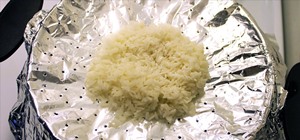
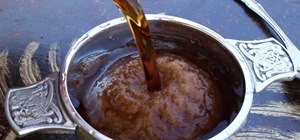
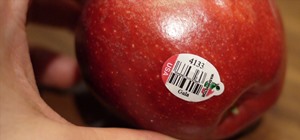
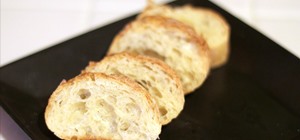
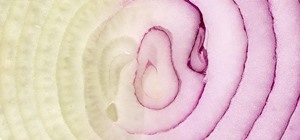
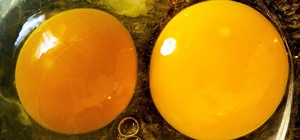
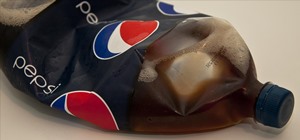
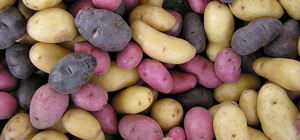
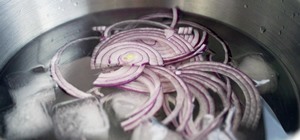
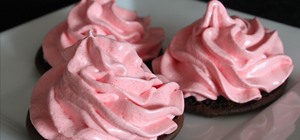

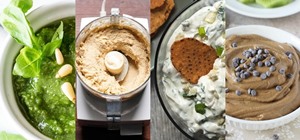
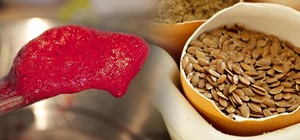



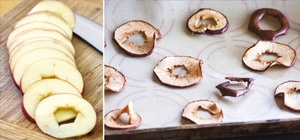

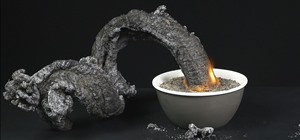
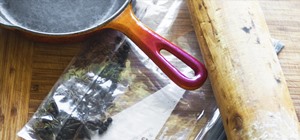
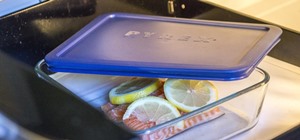
Be the First to Comment
Share Your Thoughts